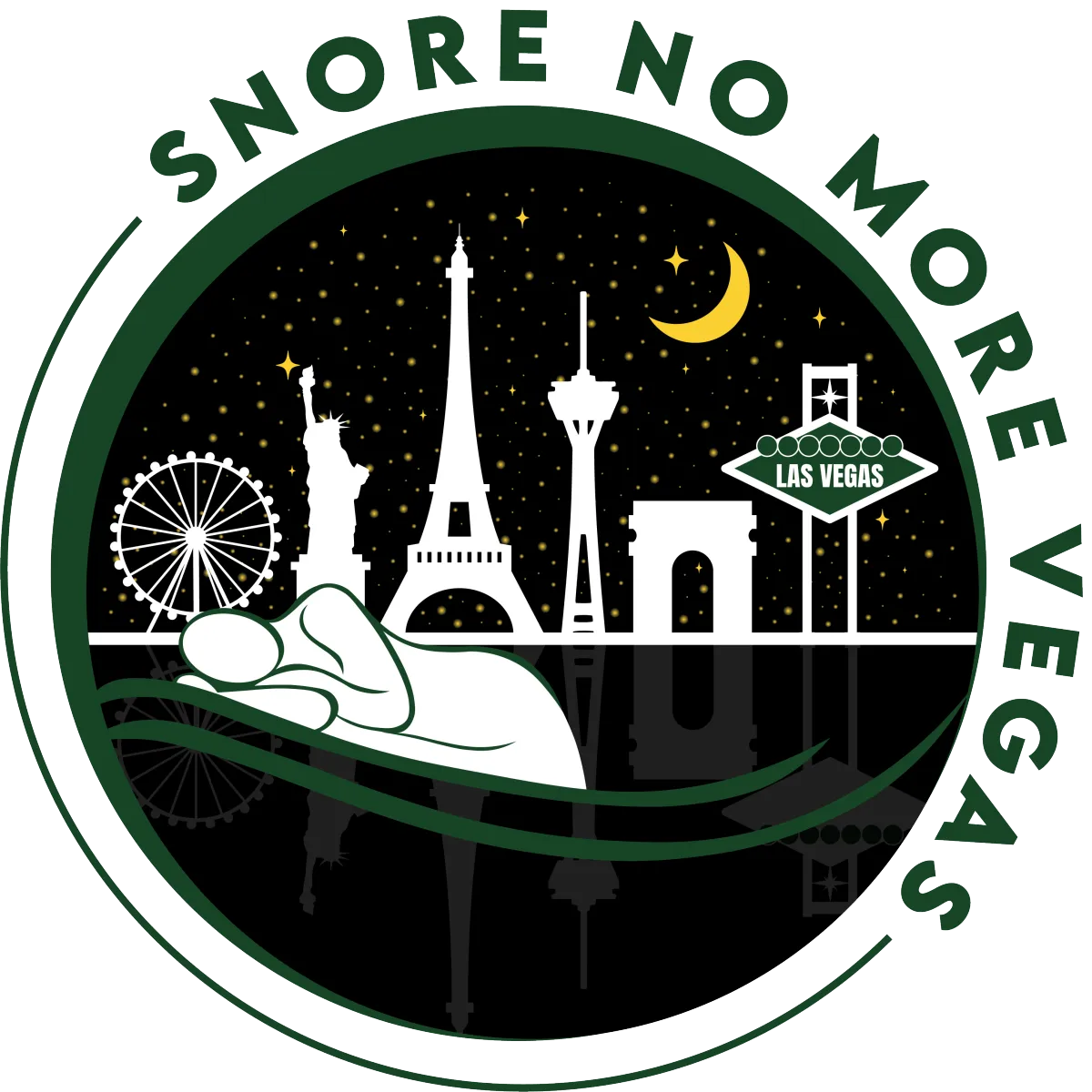ABOUT SLEEP APNEA
WHAT IS SLEEP APNEA?
ABOUT SLEEP APNEA
WHAT IS SLEEP APNEA?
Obstructive sleep apnea happens when your breathing stops or gets really shallow while you're asleep, occurring more than 5 times every hour for at least 10 seconds each time. These pauses in breathing, called hypopnea or apneas, can last from a few seconds to a couple of minutes and can happen up to 30 times in an hour.
During these pauses, your breathing might slow down a lot or even stop completely because something is blocking your upper airway, like your tongue or relaxed throat muscles. This interruption in breathing causes your blood oxygen levels to drop, putting a tremendous amount of strain on your heart. The reduced oxygen supply forces your heart to work harder to pump oxygen-rich blood throughout your body, increasing the risk of heart attacks or strokes over time.
Moreover, obstructive sleep apnea is recognized as the number one cause of heart attacks and strokes that occur during sleep.
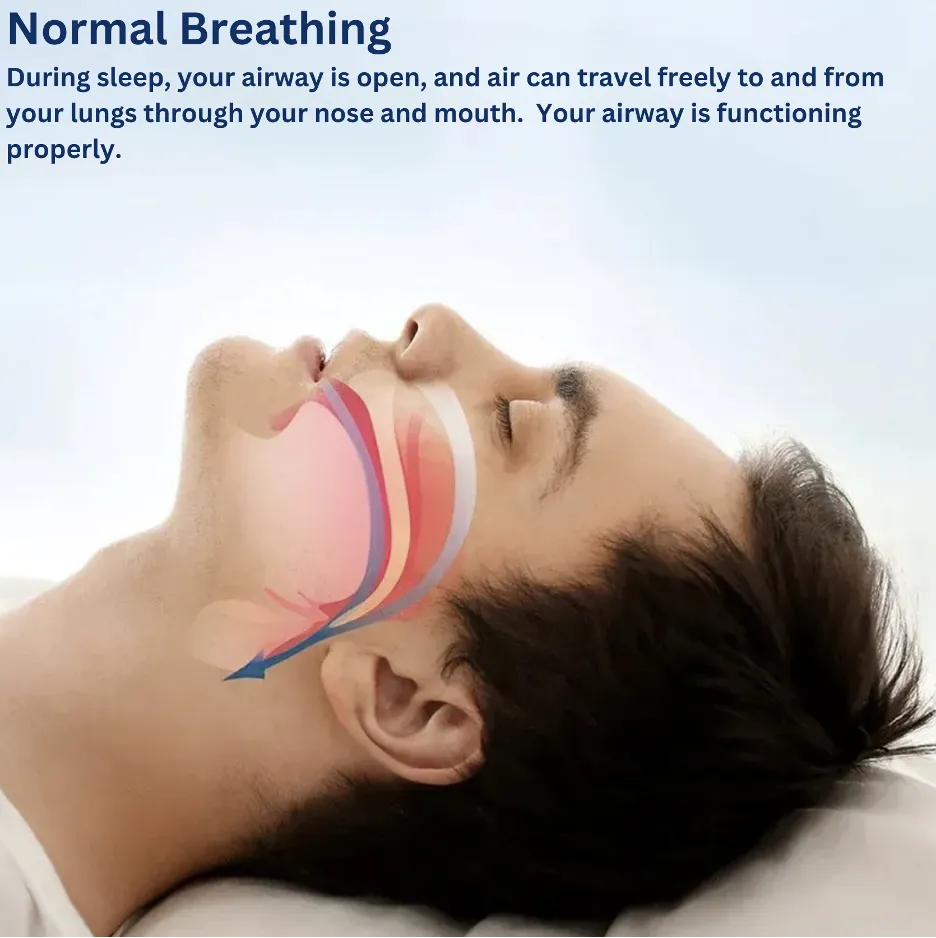
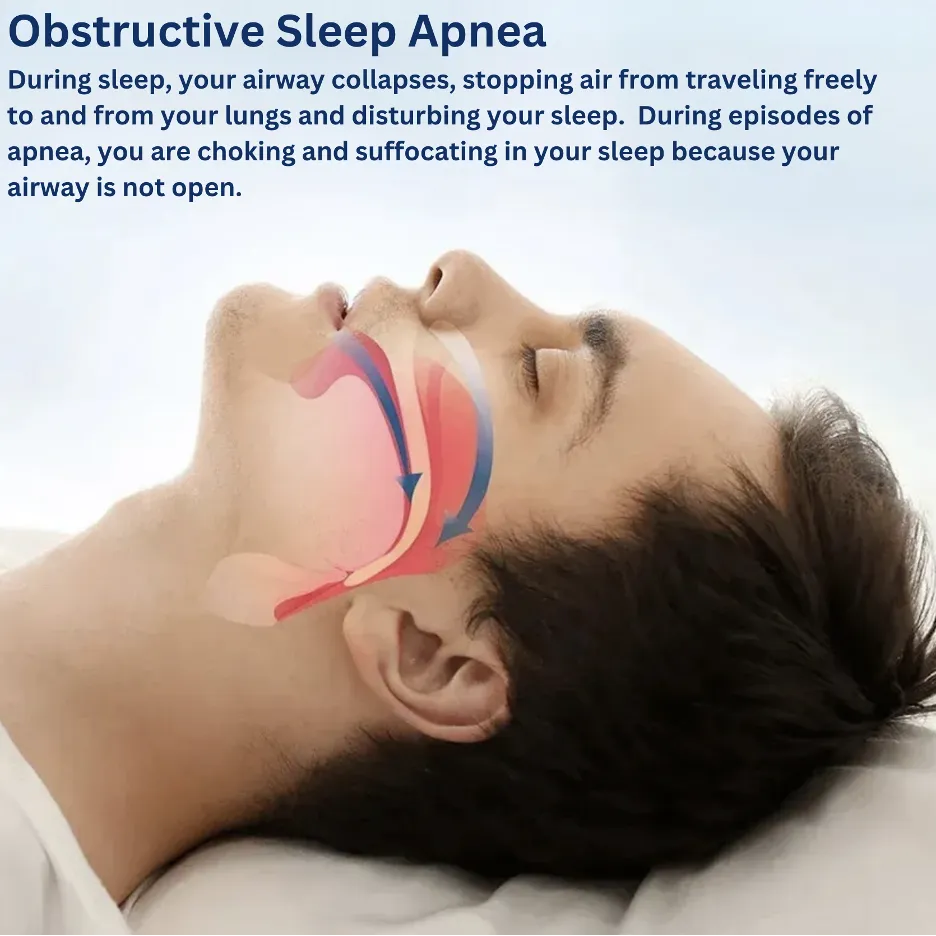


Obstructive sleep apnea happens when your breathing stops or gets really shallow while you're asleep, occurring more than 5 times every hour for at least 10 seconds each time. These pauses in breathing, called hypopnea or apneas, can last from a few seconds to a couple of minutes and can happen up to 30 times in an hour.
During these pauses, your breathing might slow down a lot or even stop completely because something is blocking your upper airway, like your tongue or relaxed throat muscles. This interruption in breathing causes your blood oxygen levels to drop, putting a tremendous amount of strain on your heart. The reduced oxygen supply forces your heart to work harder to pump oxygen-rich blood throughout your body, increasing the risk of heart attacks or strokes over time.
Moreover, obstructive sleep apnea is recognized as the number one cause of heart attacks and strokes that occur during sleep.
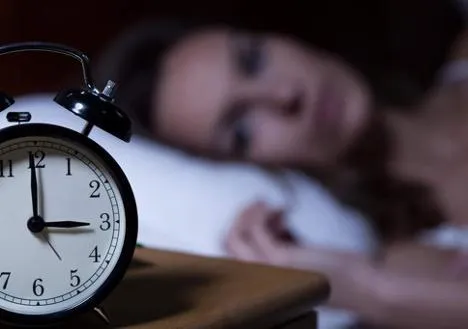
Obstructive sleep apnea is categorized into three levels of severity: mild, moderate, and severe. These levels indicate how serious the interruptions in breathing are and the potential impact they can have on your health. Common symptoms associated with obstructive sleep apnea include:
Loud, chronic snoring
Gasping or choking during sleep
Pauses in breathing during sleep
Excessive daytime sleepiness or fatigue
Restless sleep or insomnia
Morning headaches
Dry mouth or sore throat upon waking up
Difficulty concentrating or remembering things
Mood changes, such as irritability or depression
Reduced libido or sexual dysfunction
High blood pressure
Remember, not everyone with sleep apnea will have all these symptoms. If you're experiencing any of them, it's crucial to call our office and schedule your sleep consultation. Our team can help determine if sleep apnea might be the underlying cause.
Remember, not everyone with sleep apnea will have all these symptoms. If you're experiencing any of them, it's crucial to call
our office and schedule your sleep consultation. Our team can help determine if sleep apnea might be the underlying cause.
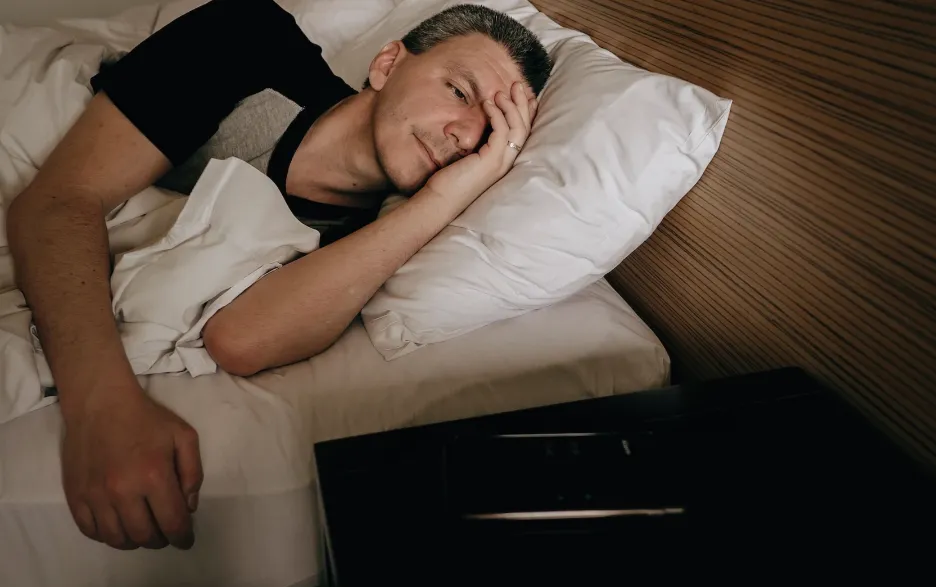
SLEEP APNEA & HEALTH
COMPLICATIONS AND
RISK FACTORS
Sleep apnea is a serious medical issue and can lead to complications.
Daytime fatigue.
Trouble concentrating.
Increased risk of motor vehicle and workplace accidents.
High blood pressure or heart problems.
Recurrent heart attack, stroke and irregular heartbeats.
Type 2 diabetes.
Metabolic syndrome.
Complications with medicines and surgery.
Liver problems.
Sleep-deprived partners.
SLEEP APNEA & HEALTH
COMPLICATIONS AND
RISK FACTORS

Sleep apnea is a serious medical issue and can lead to complications.
Daytime fatigue.
Trouble concentrating.
Increased risk of motor vehicle and workplace accidents.
High blood pressure or heart problems.
Recurrent heart attack, stroke and irregular heartbeats.
Type 2 diabetes.
Metabolic syndrome.
Complications with medicines and surgery.
Liver problems.
Sleep-deprived partners.
Snore No More Vegas
Dr. Byron M. Blasco, DMD, Ltd.
9940 W. Flamingo Rd. STE 105
Las Vegas, NV 89147
(702) 933-1300
